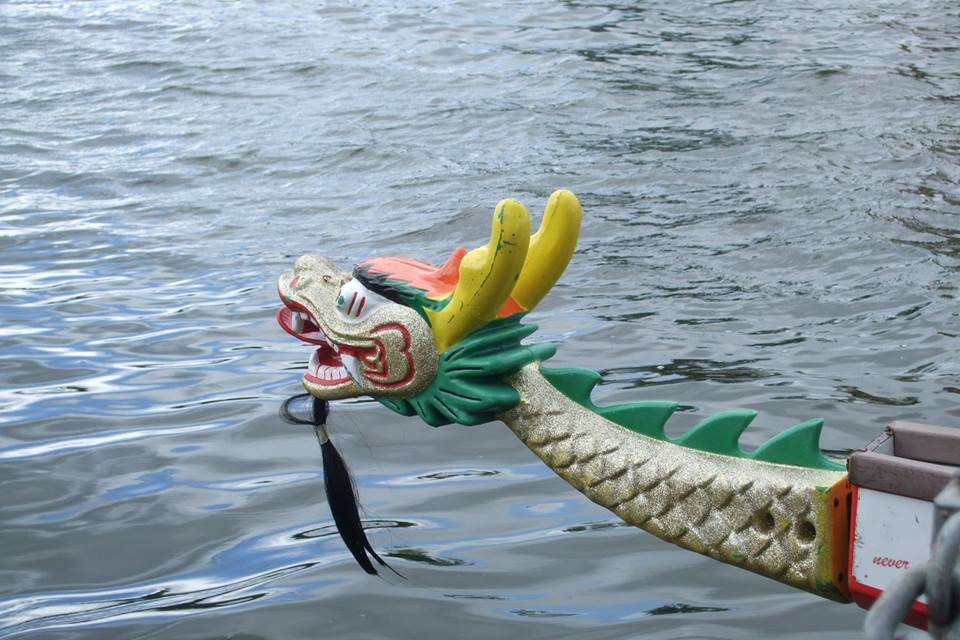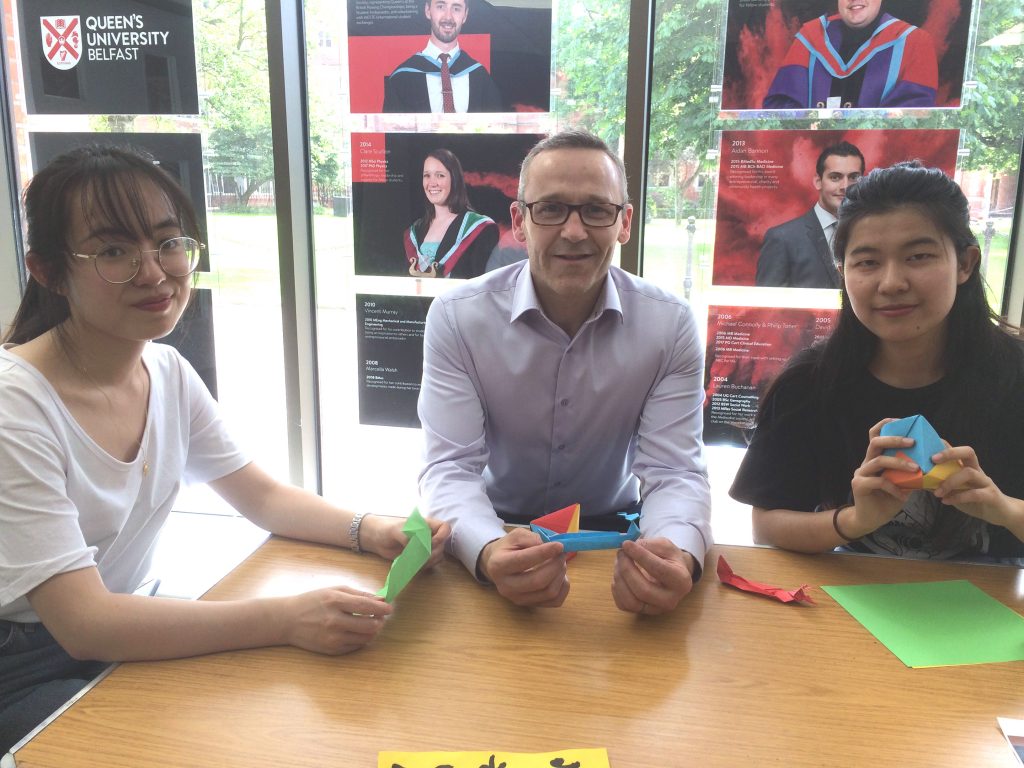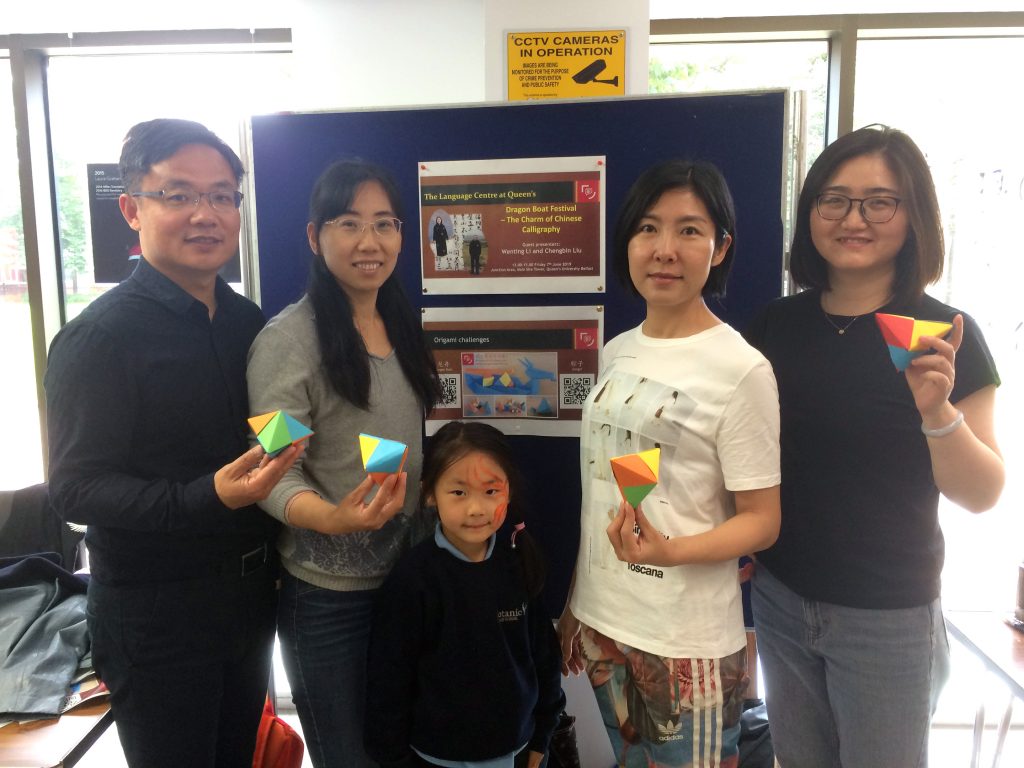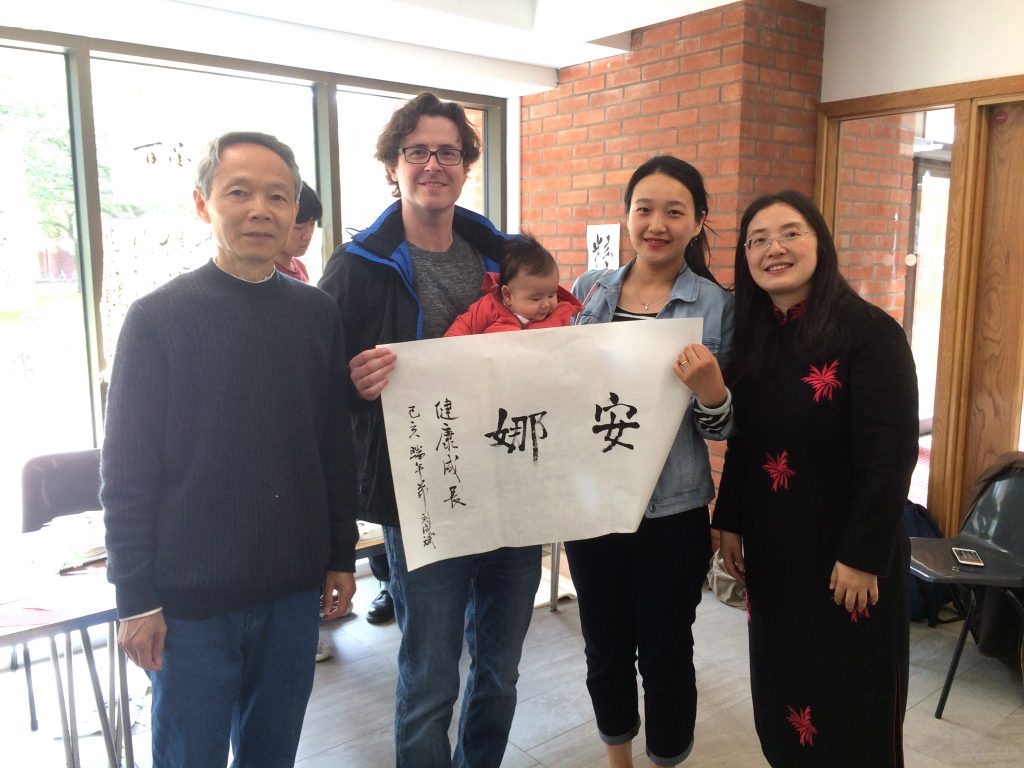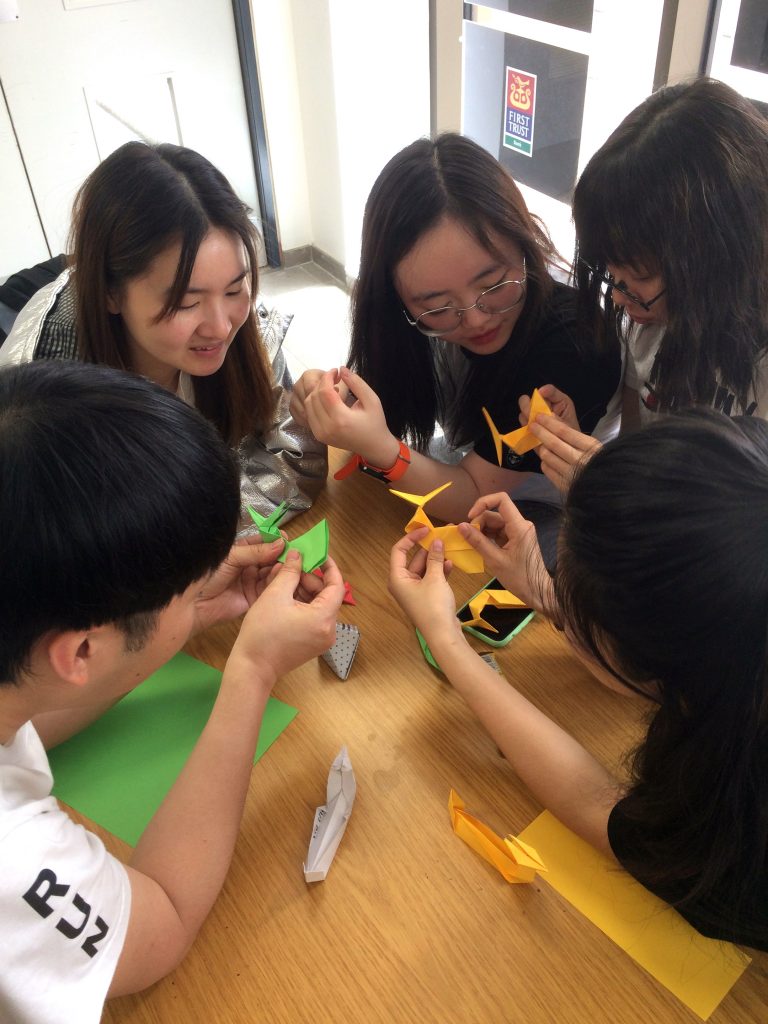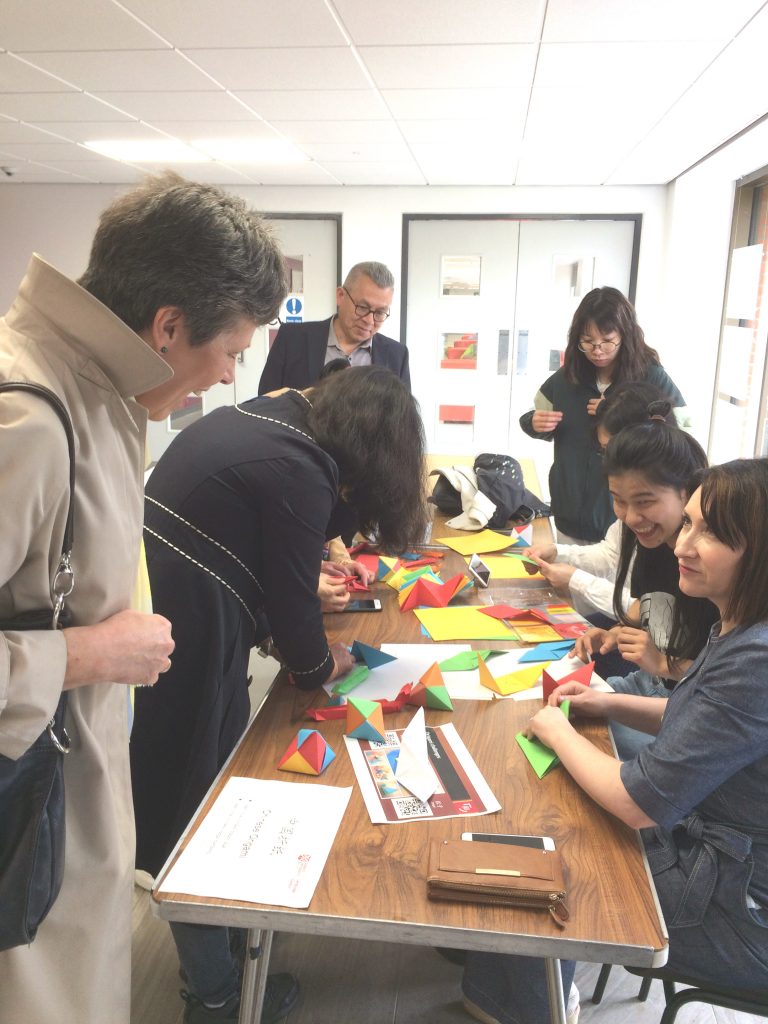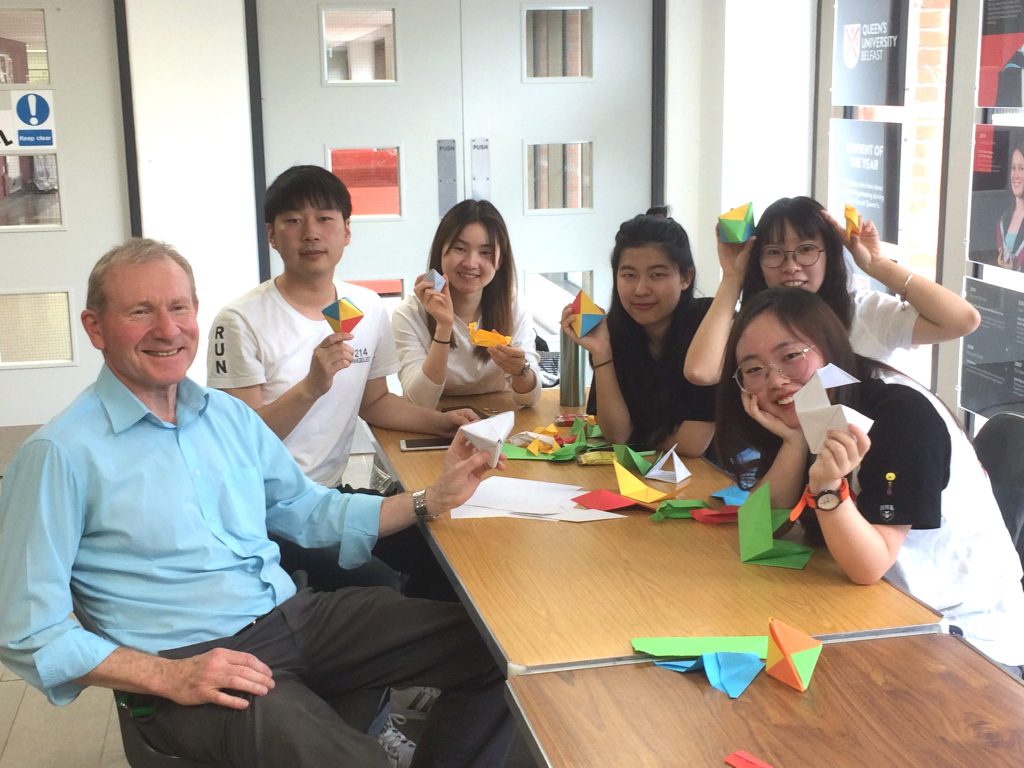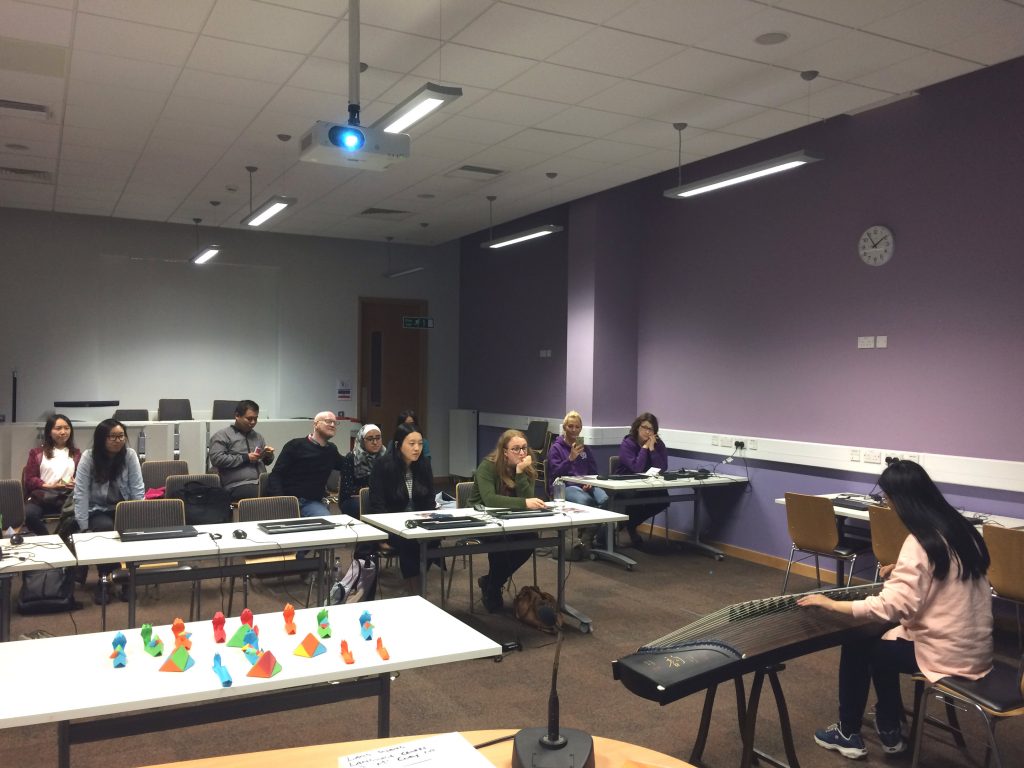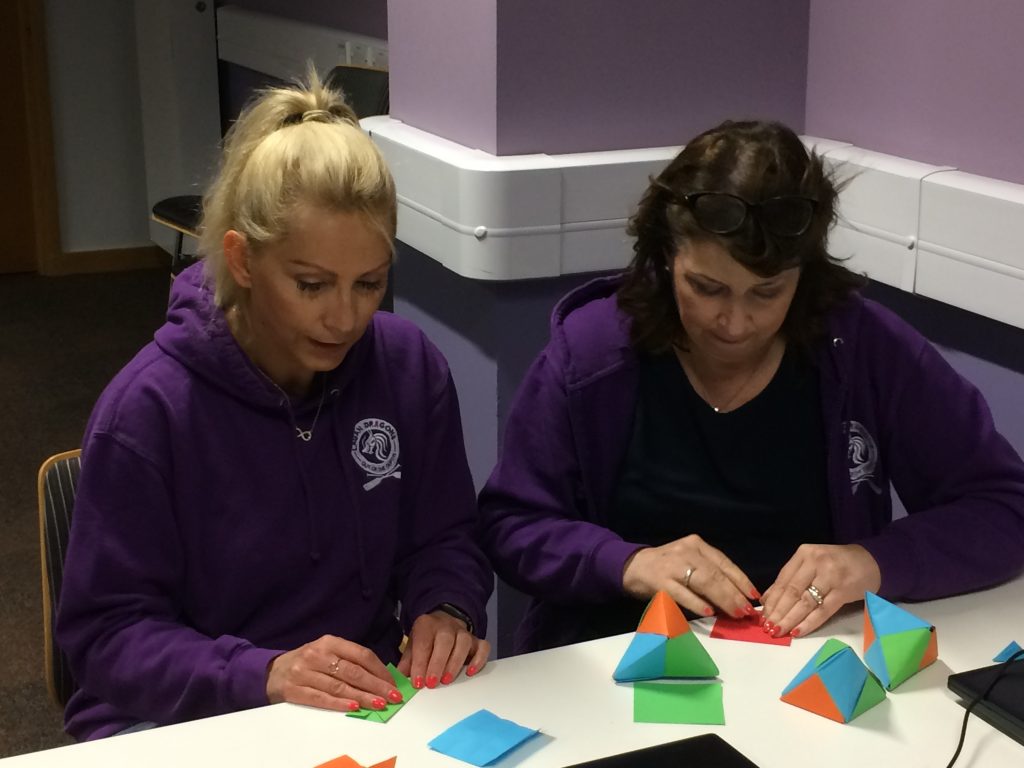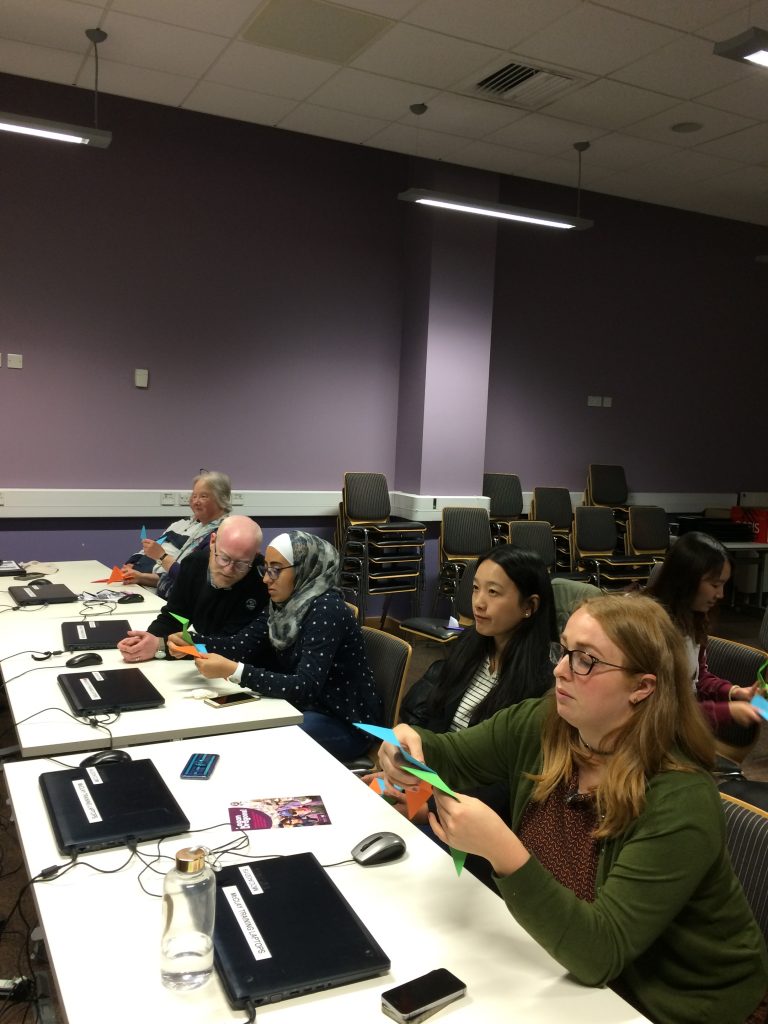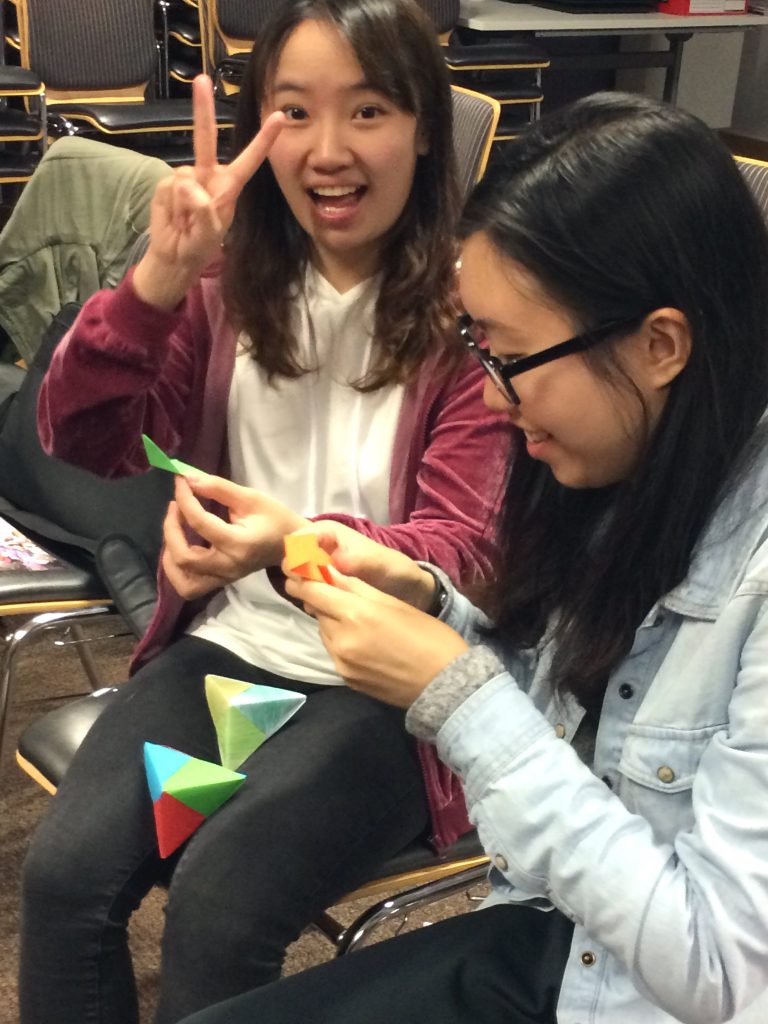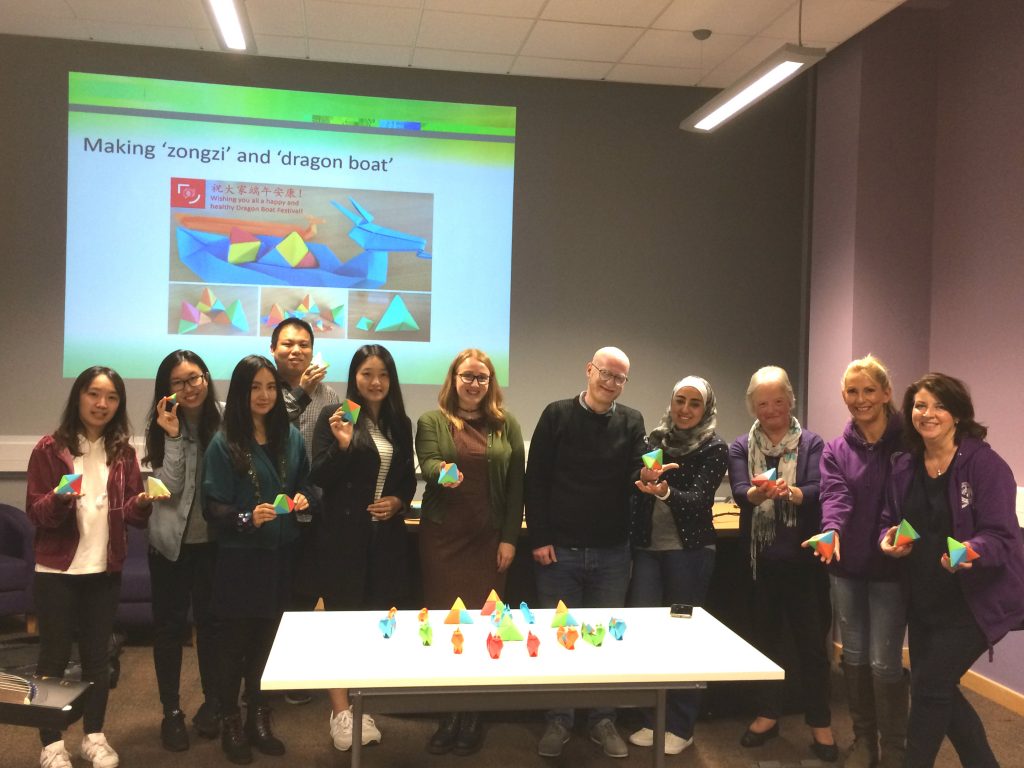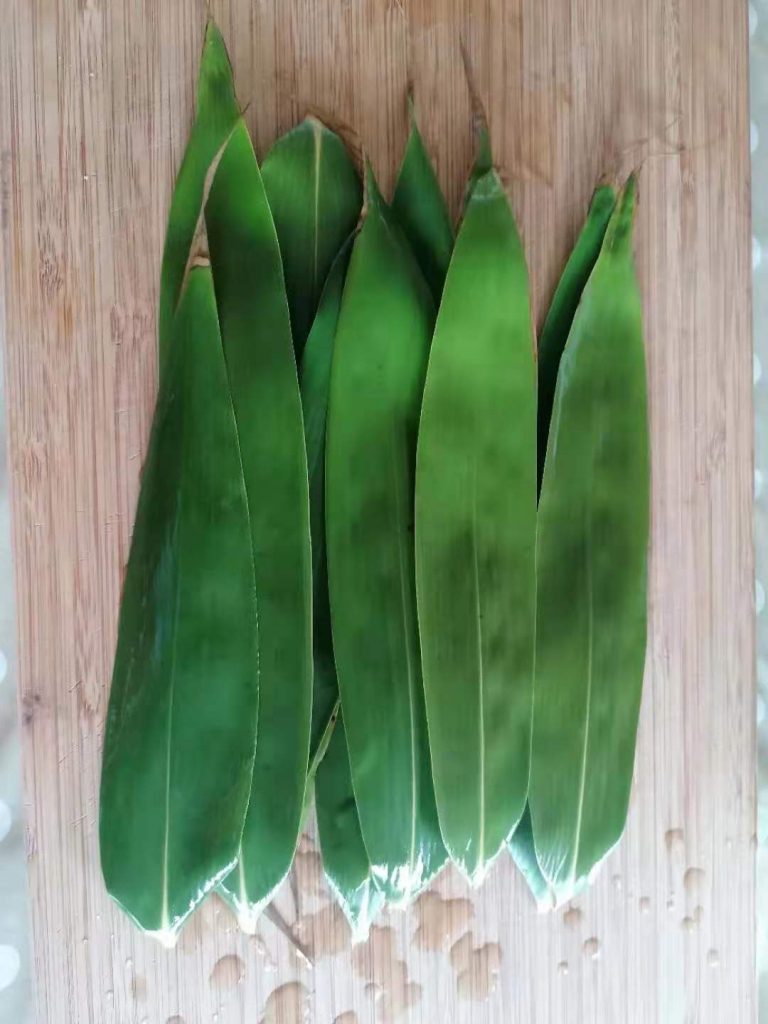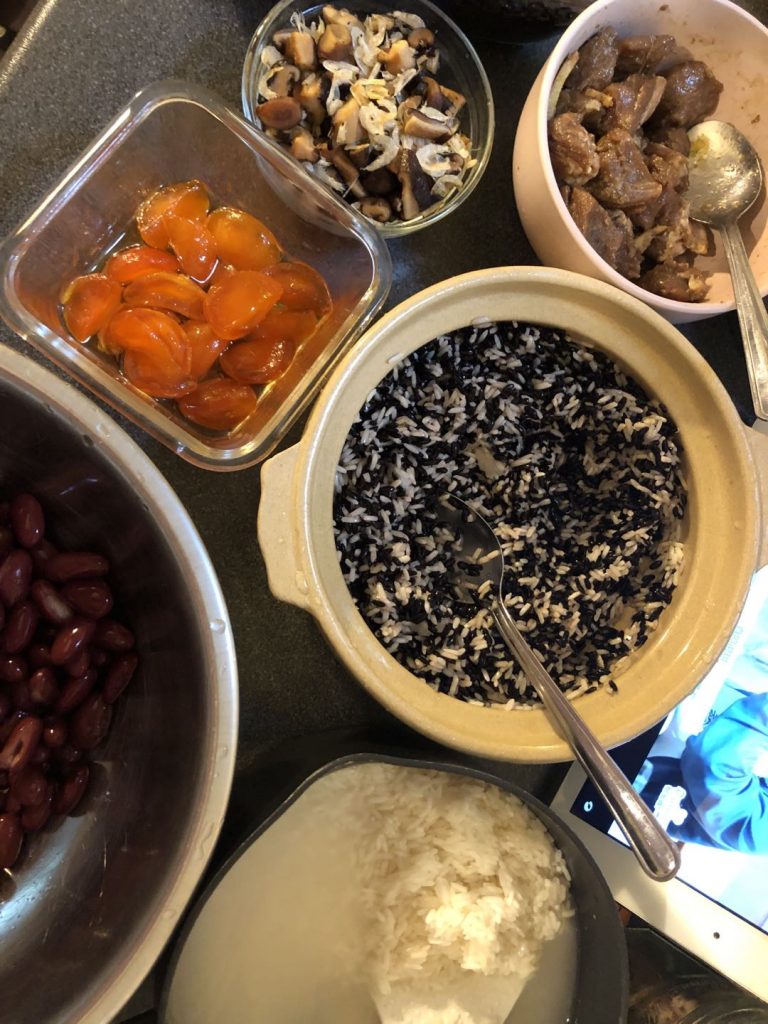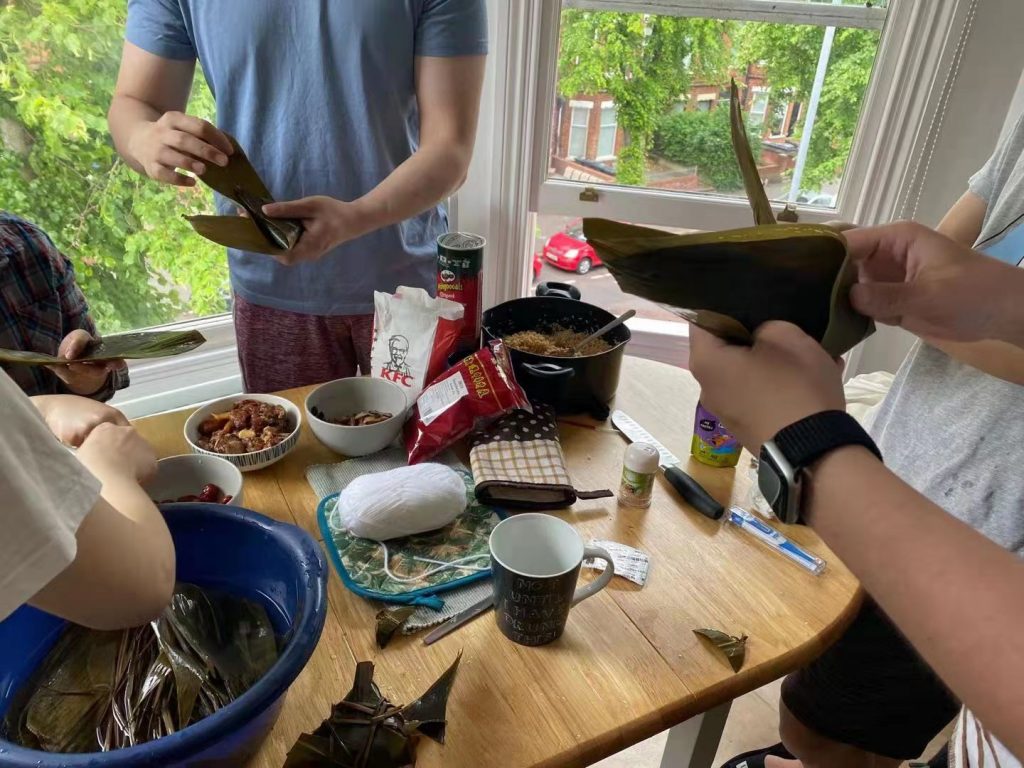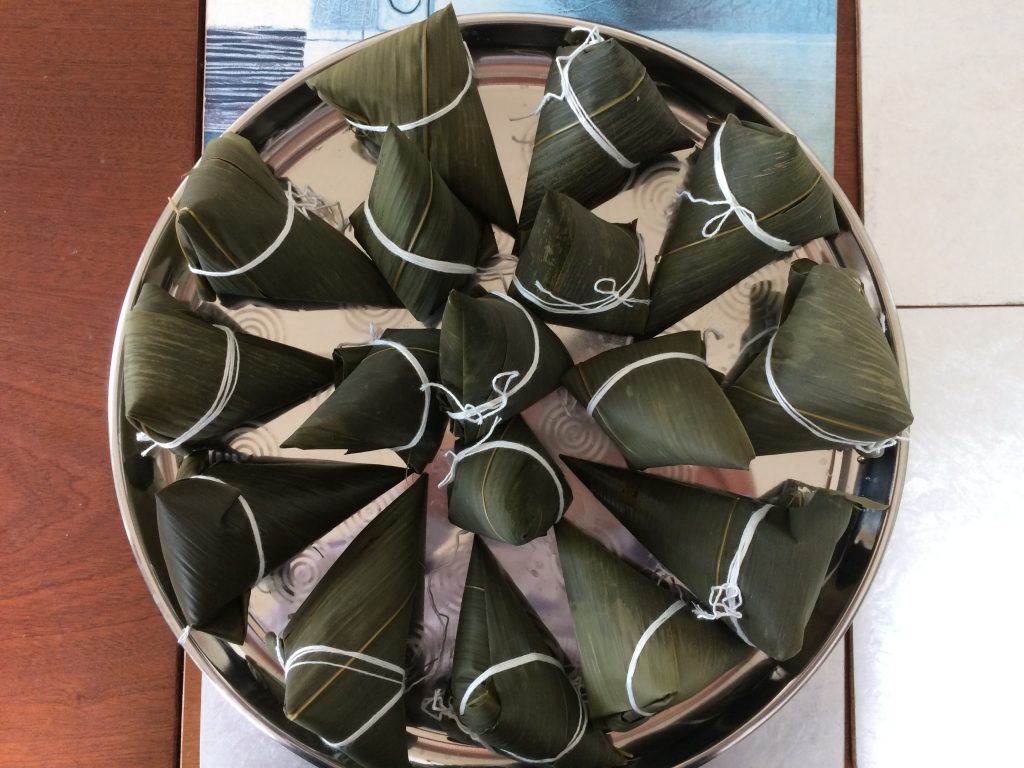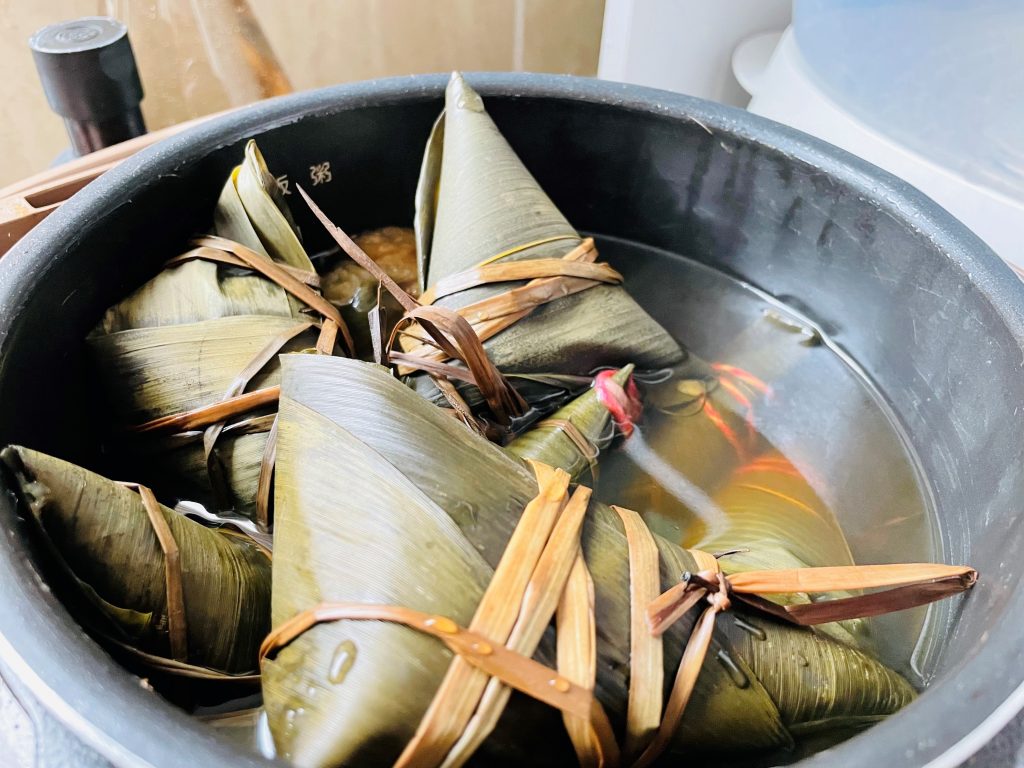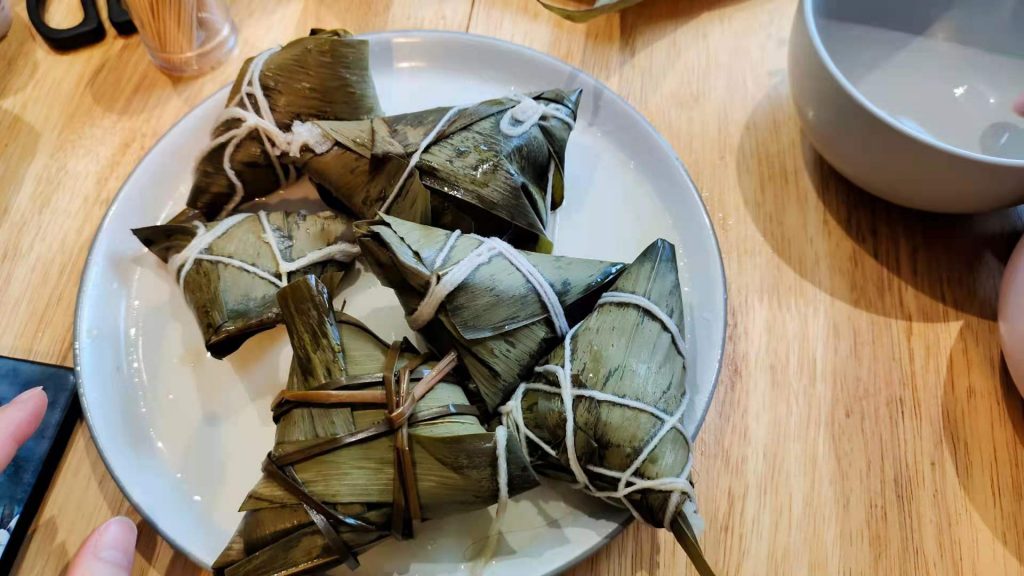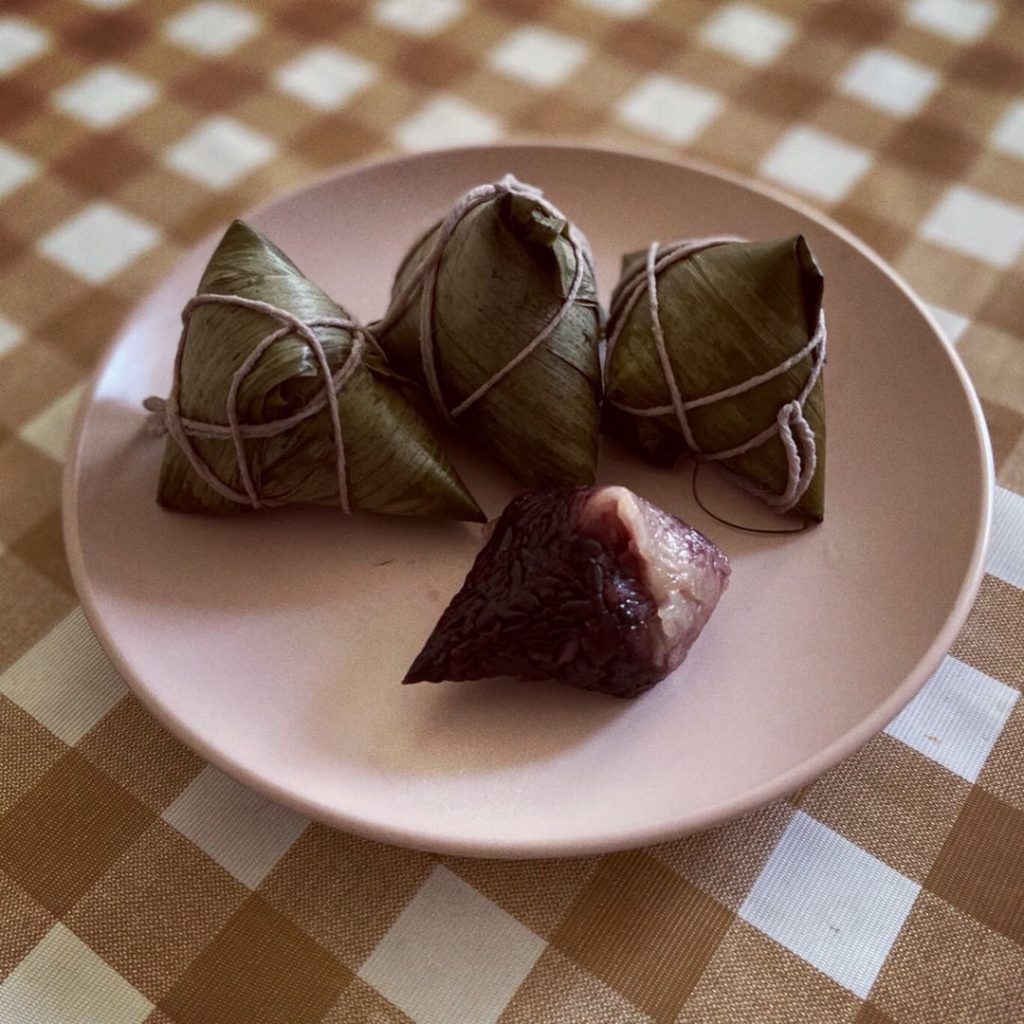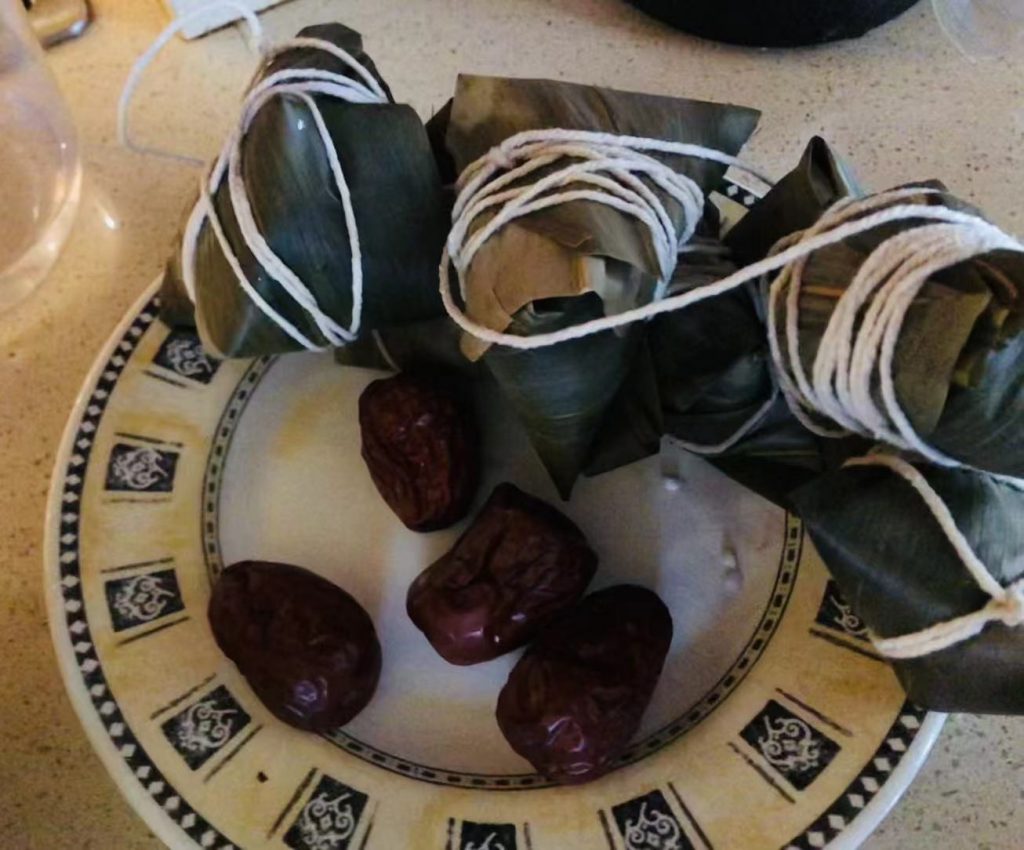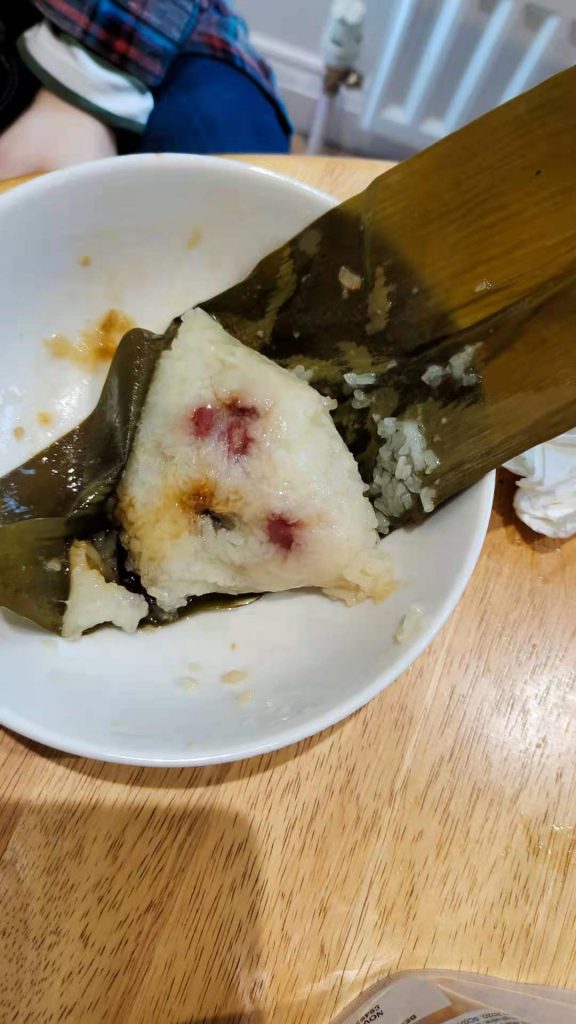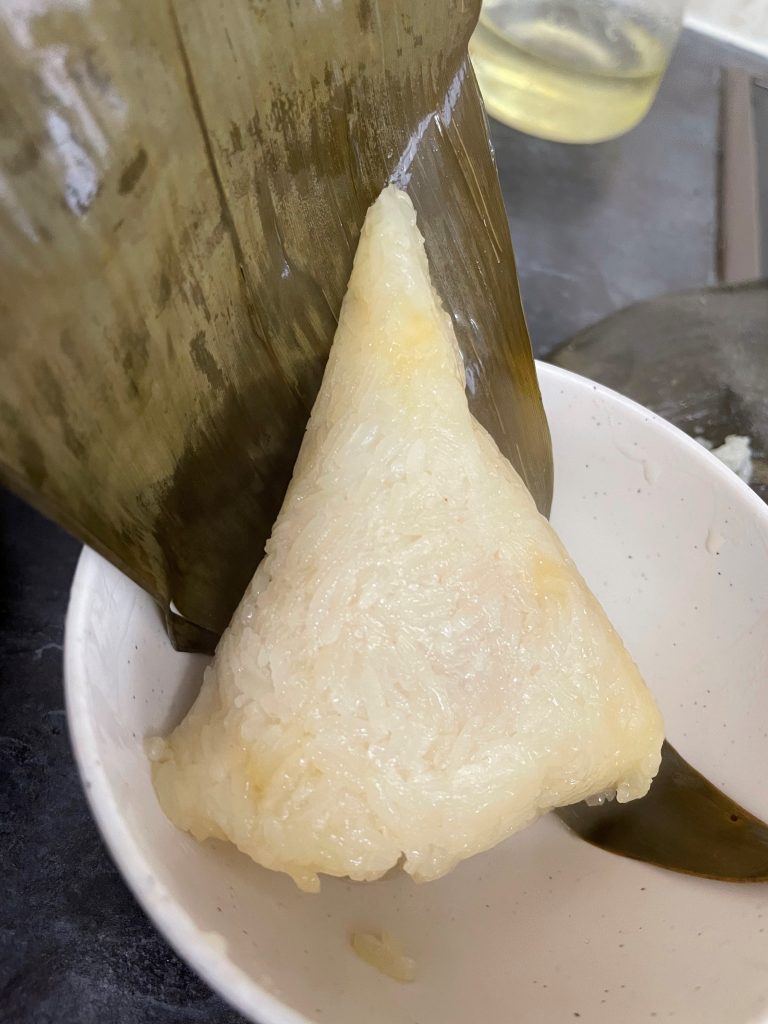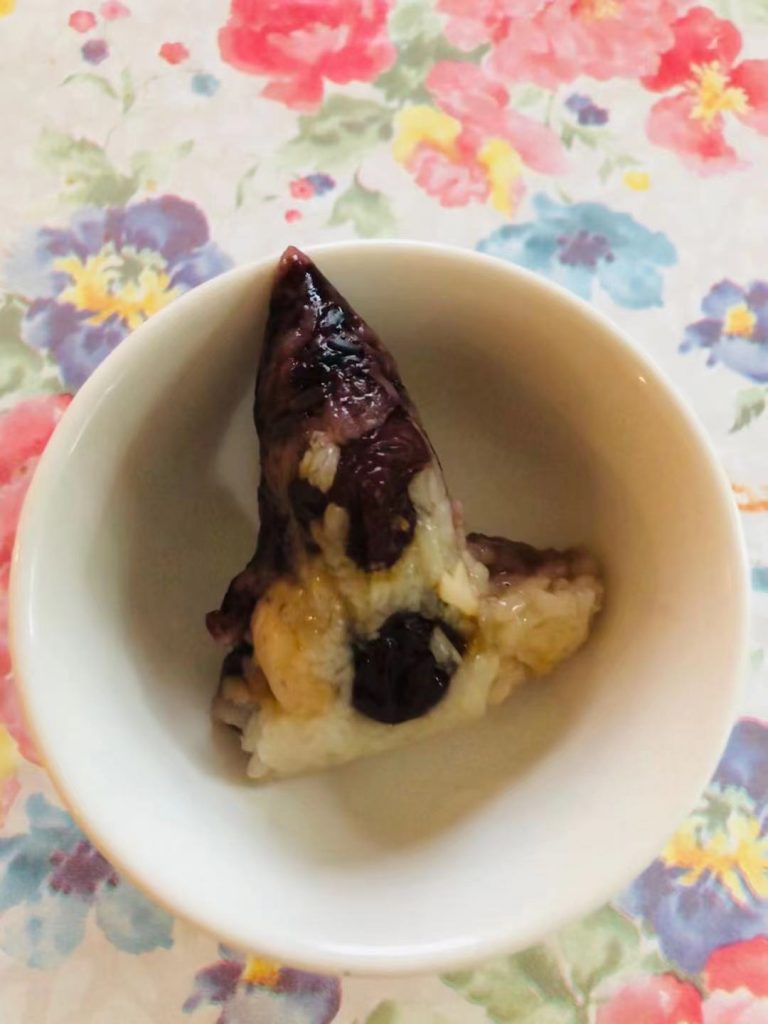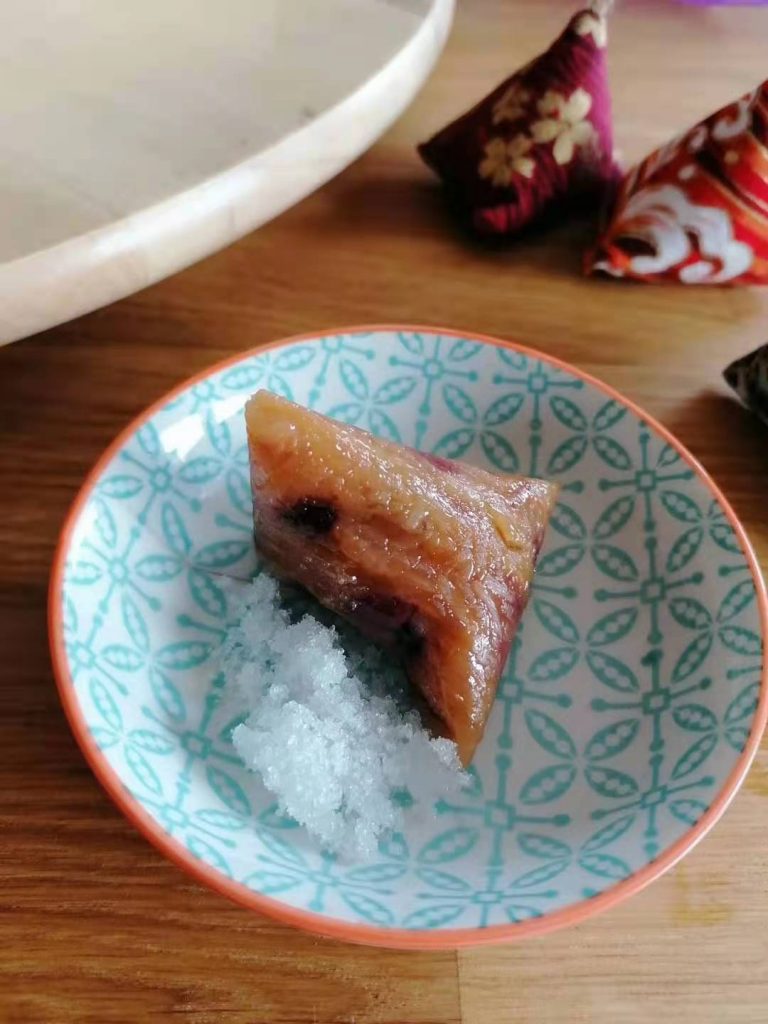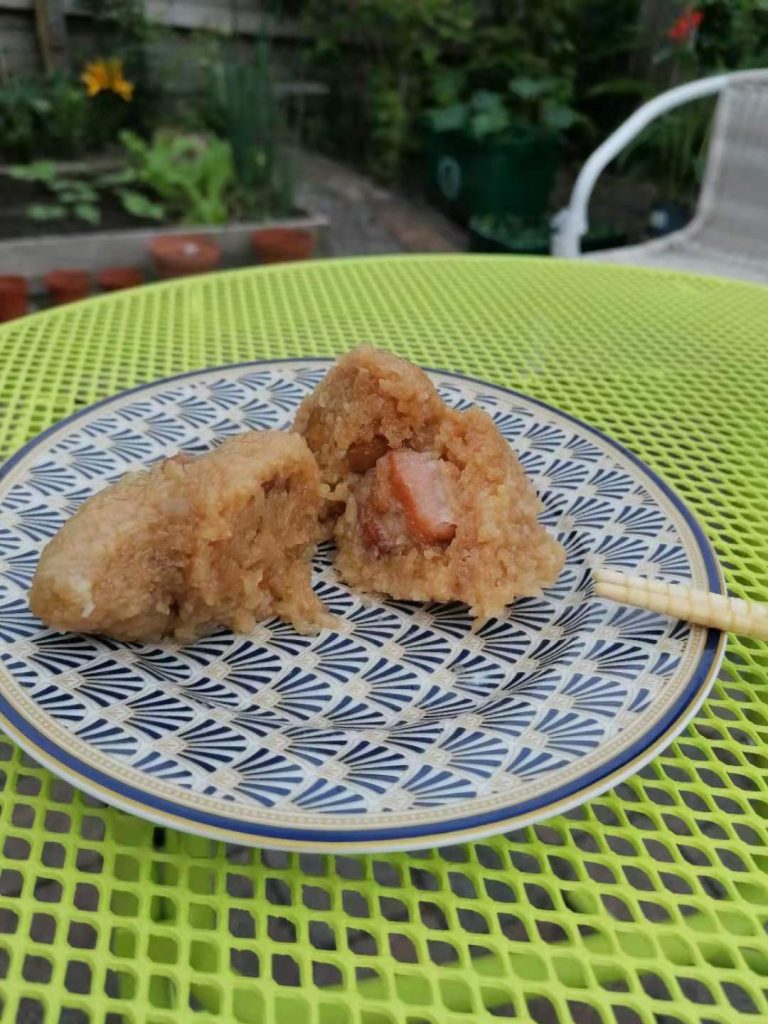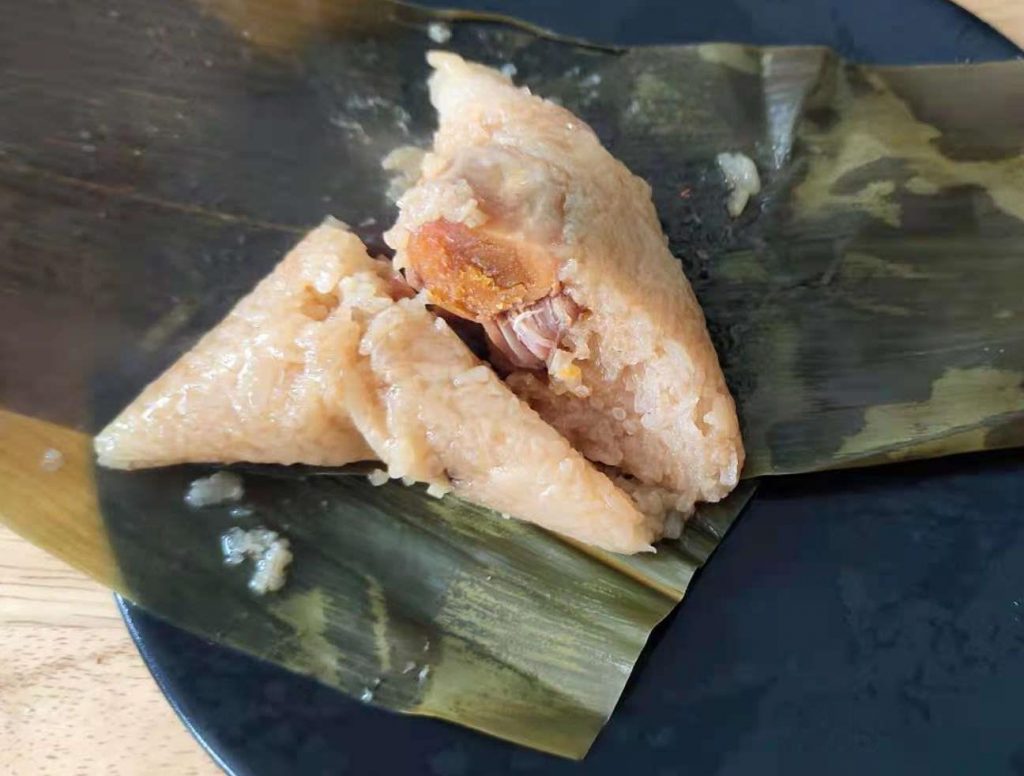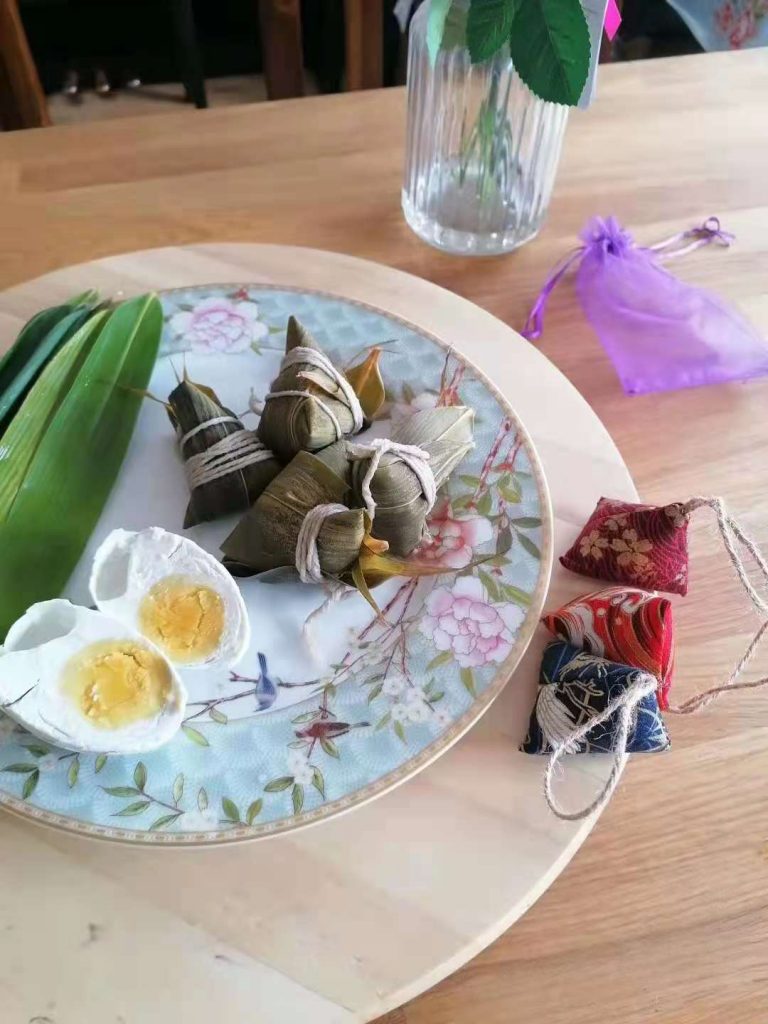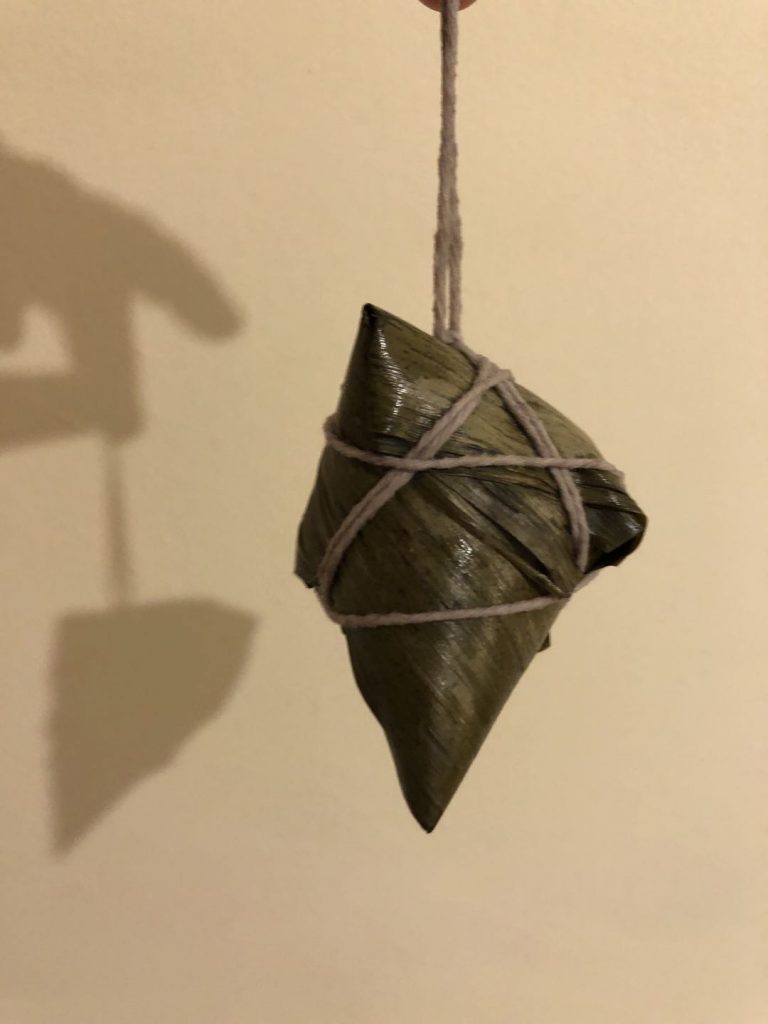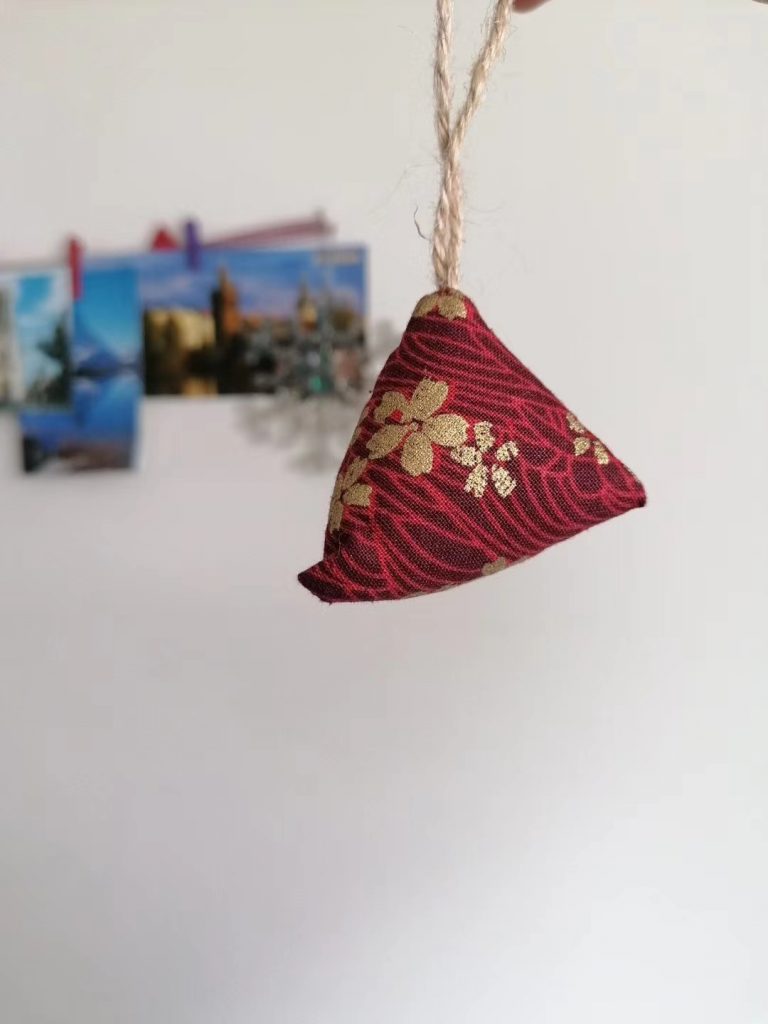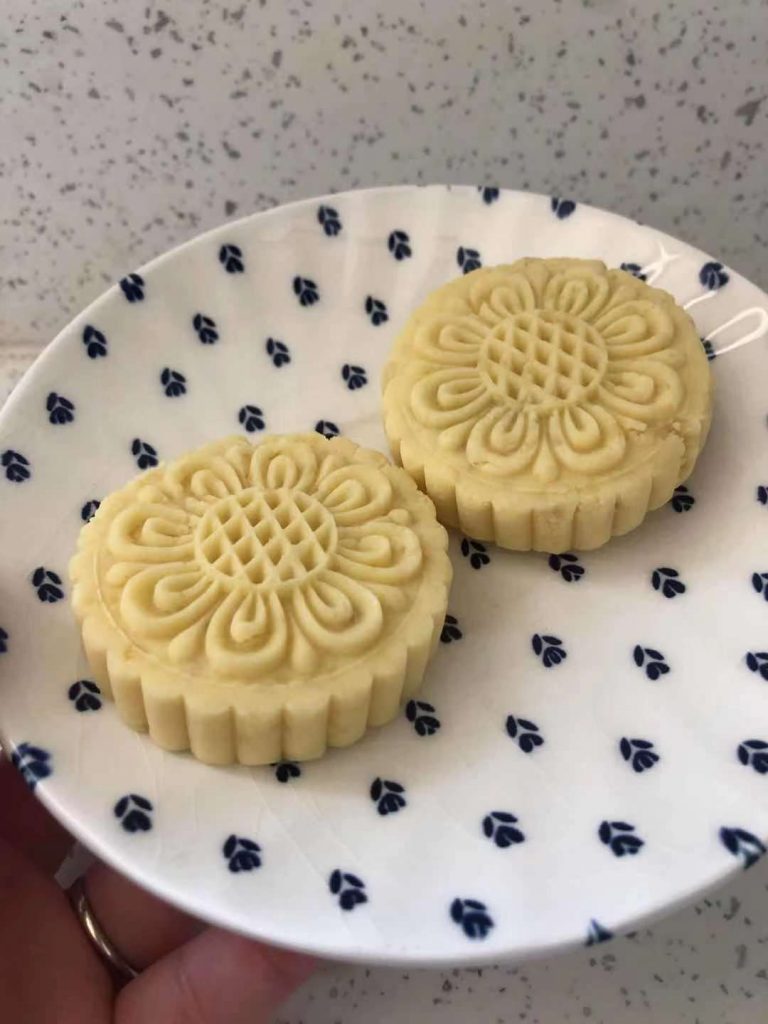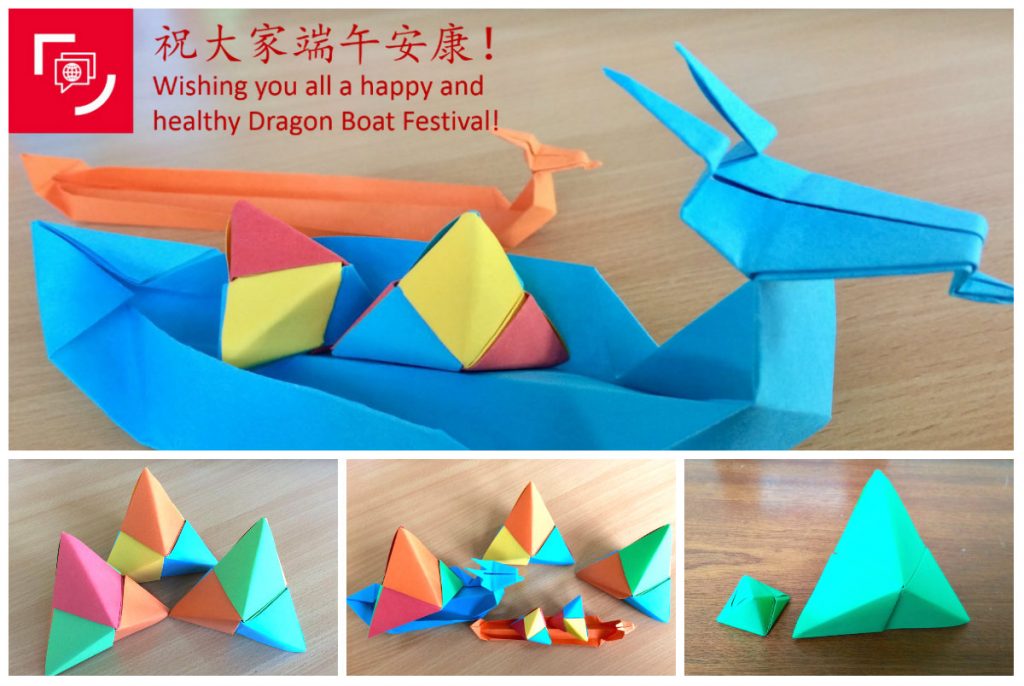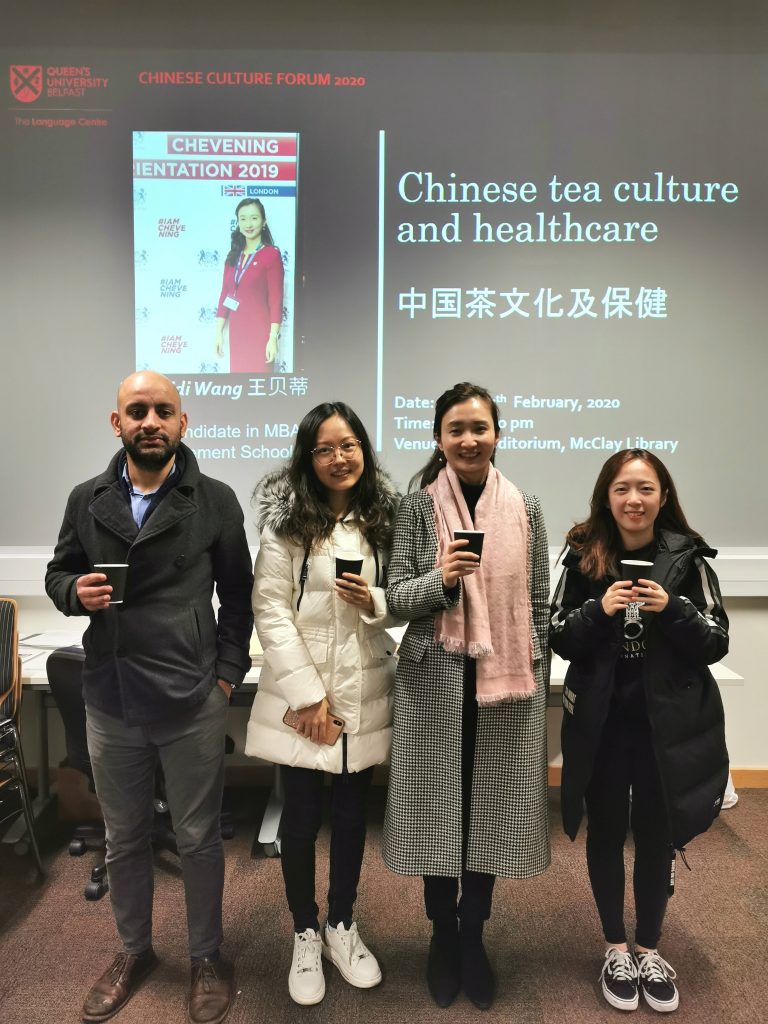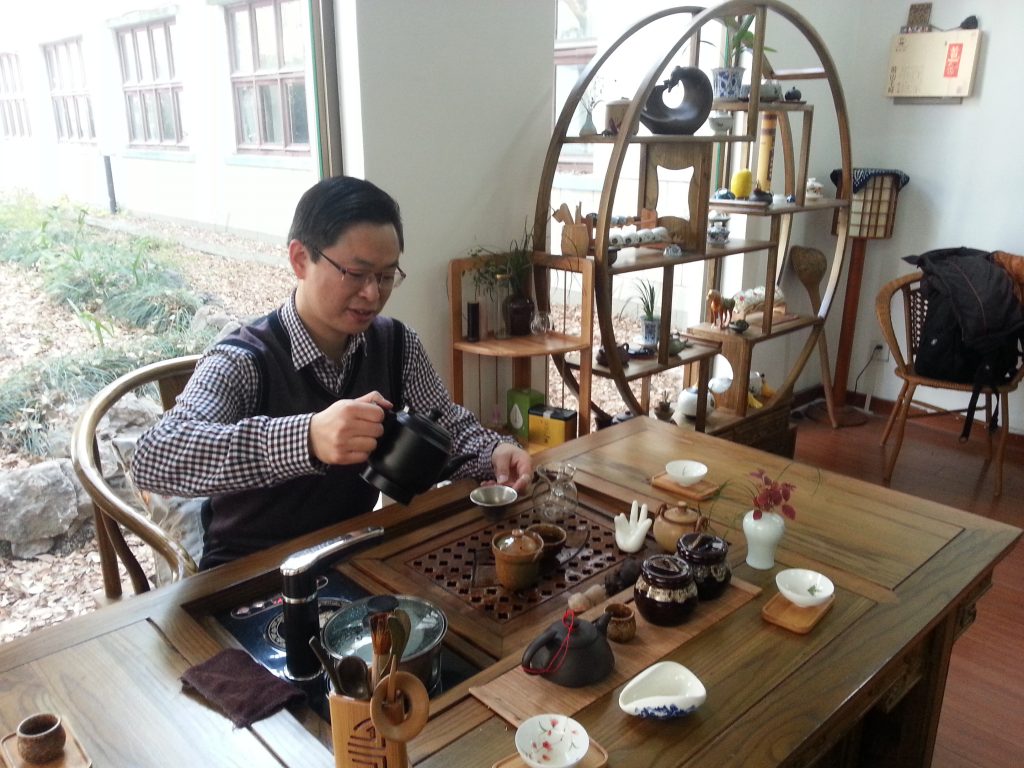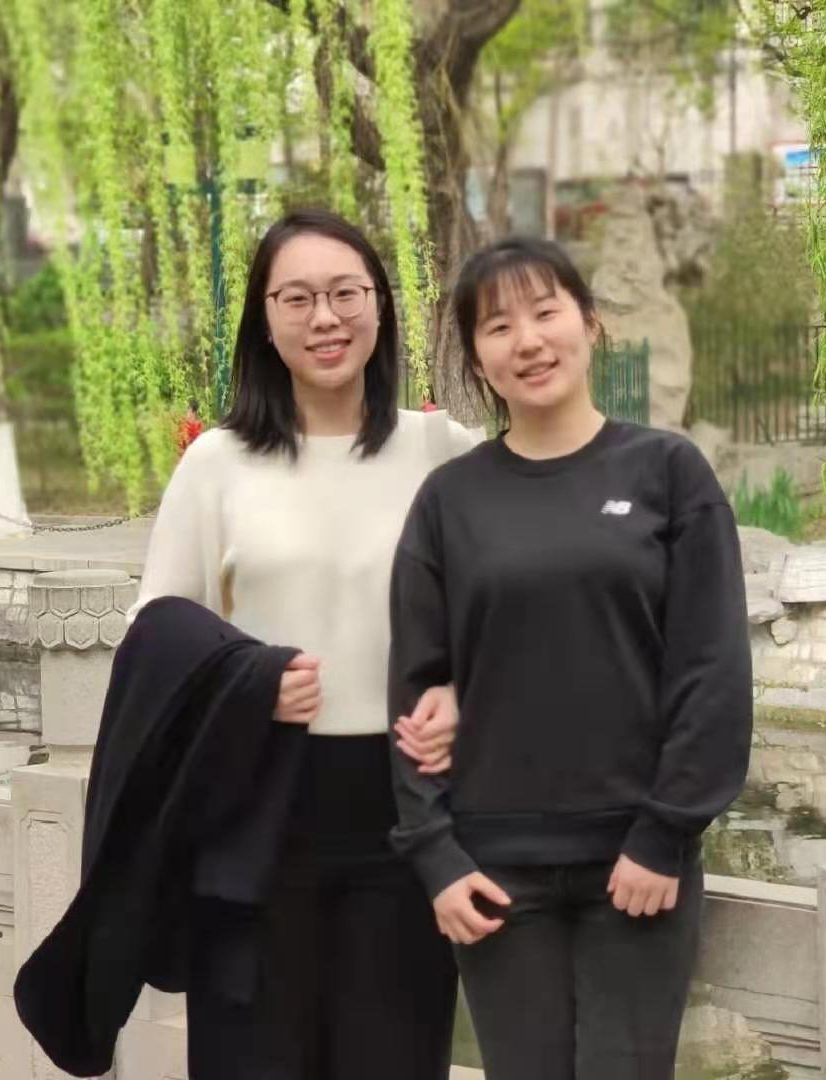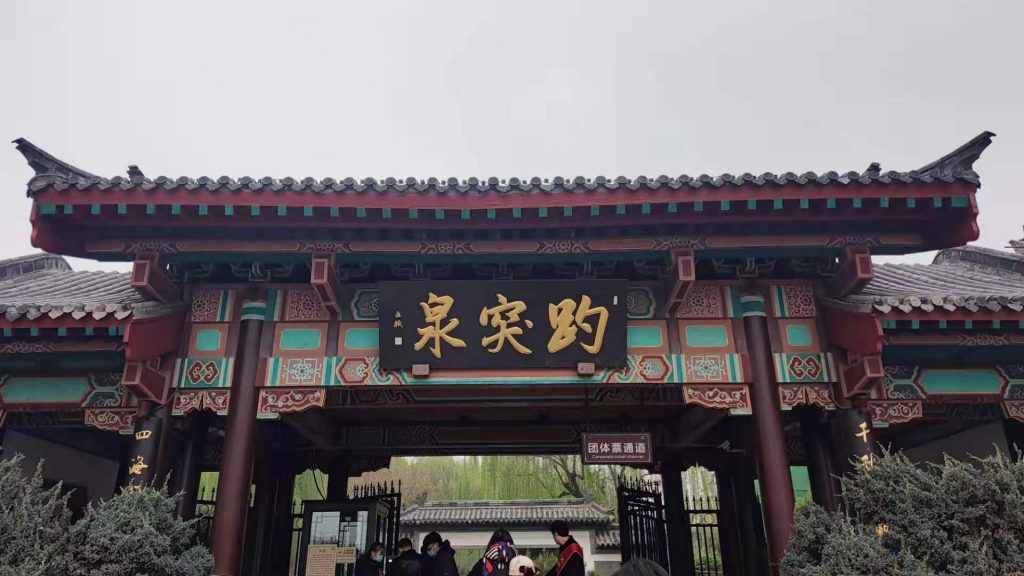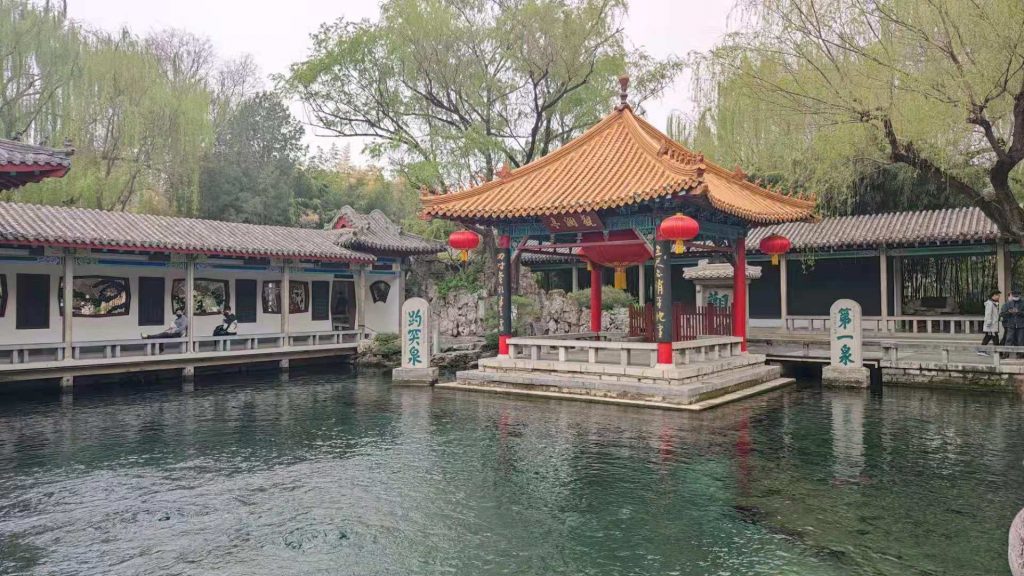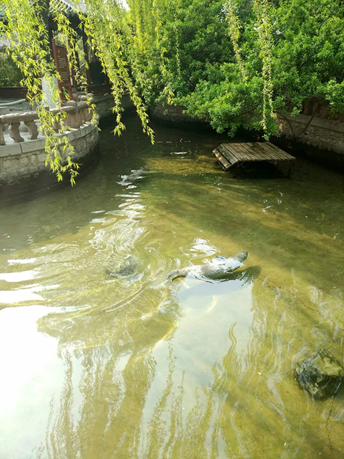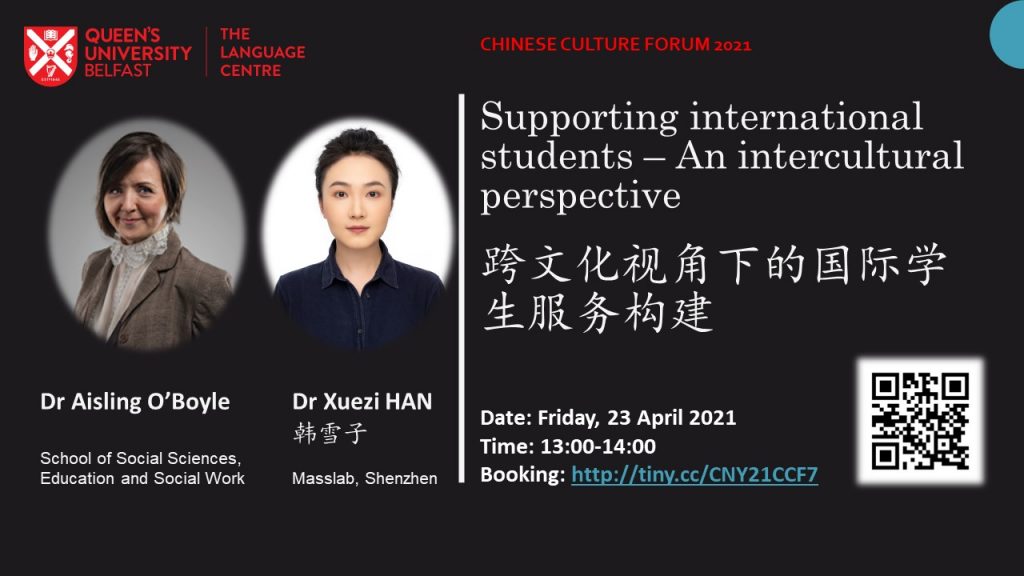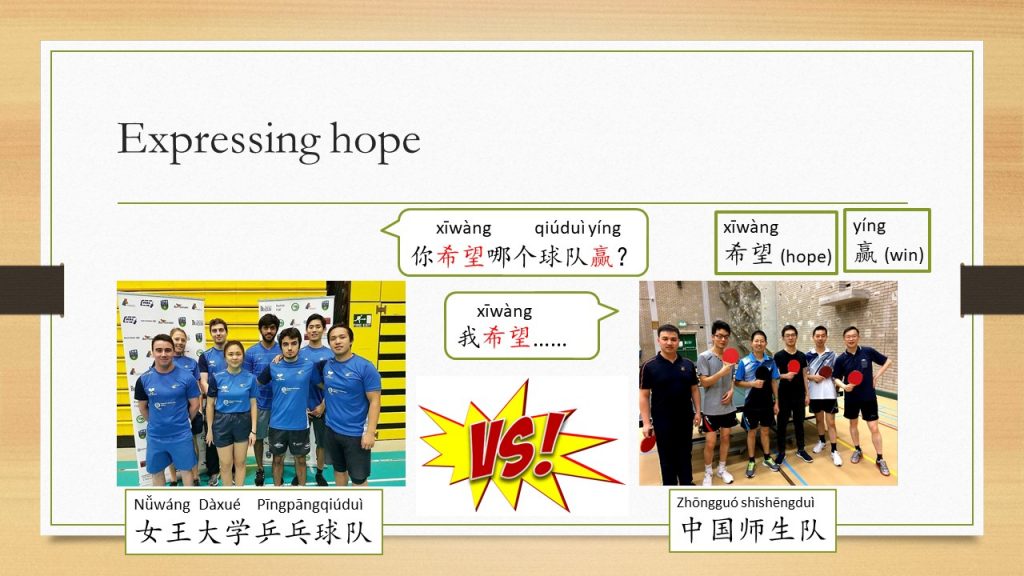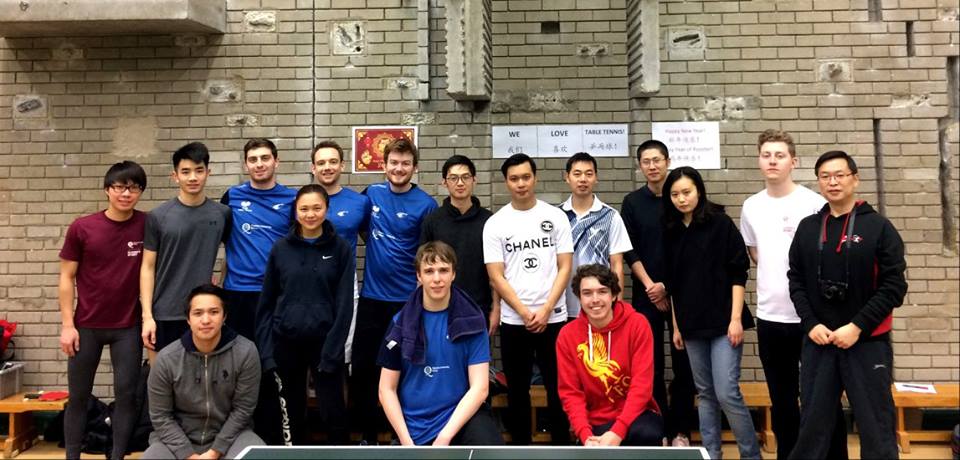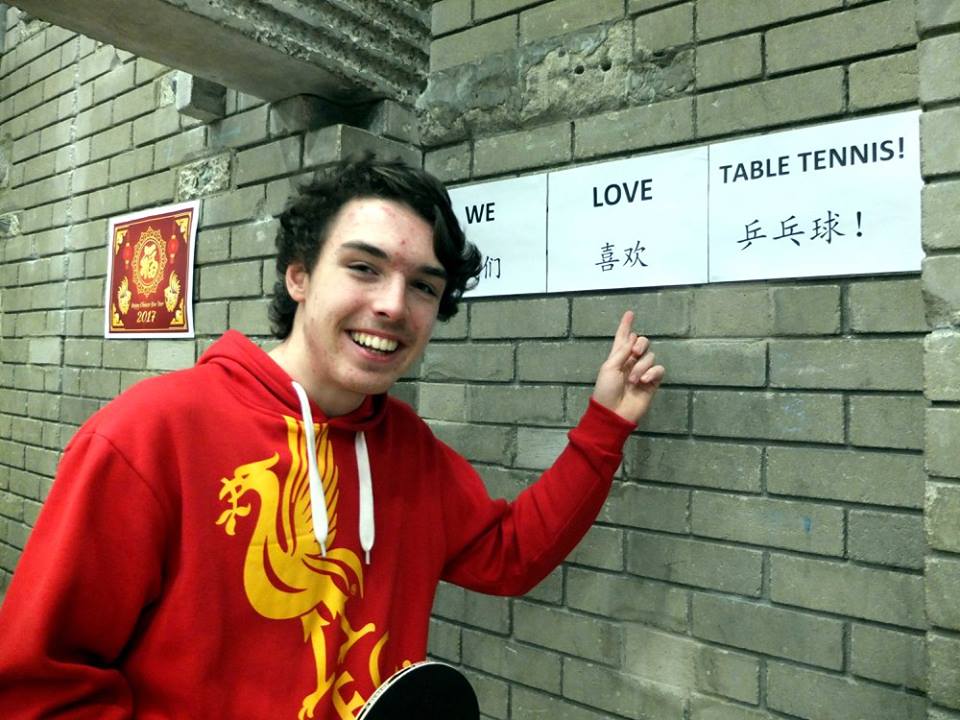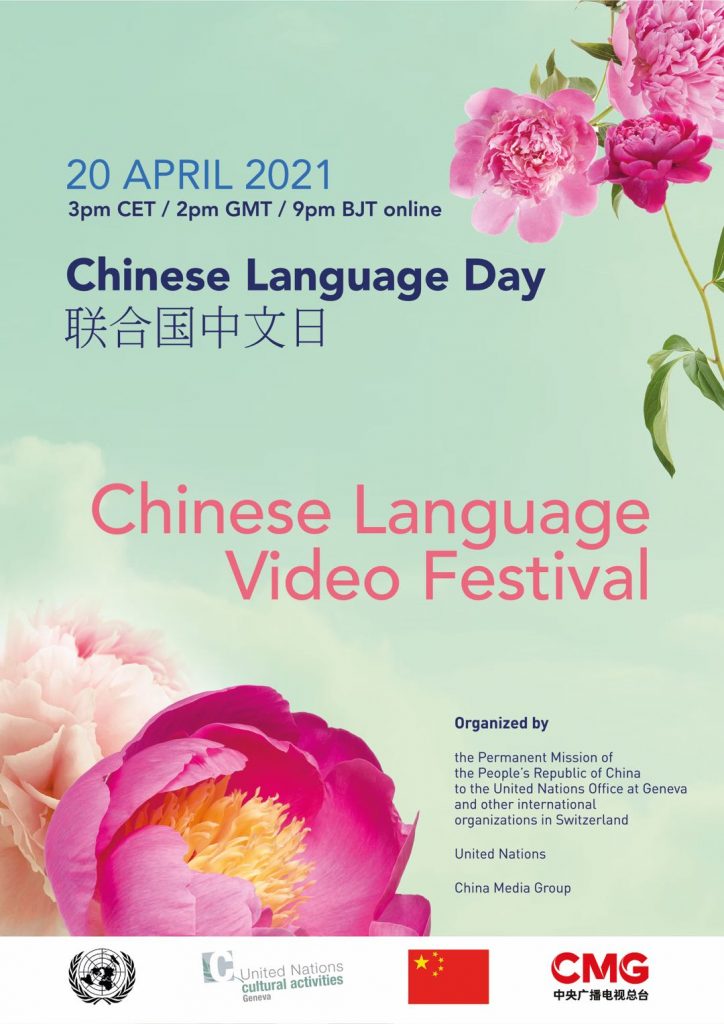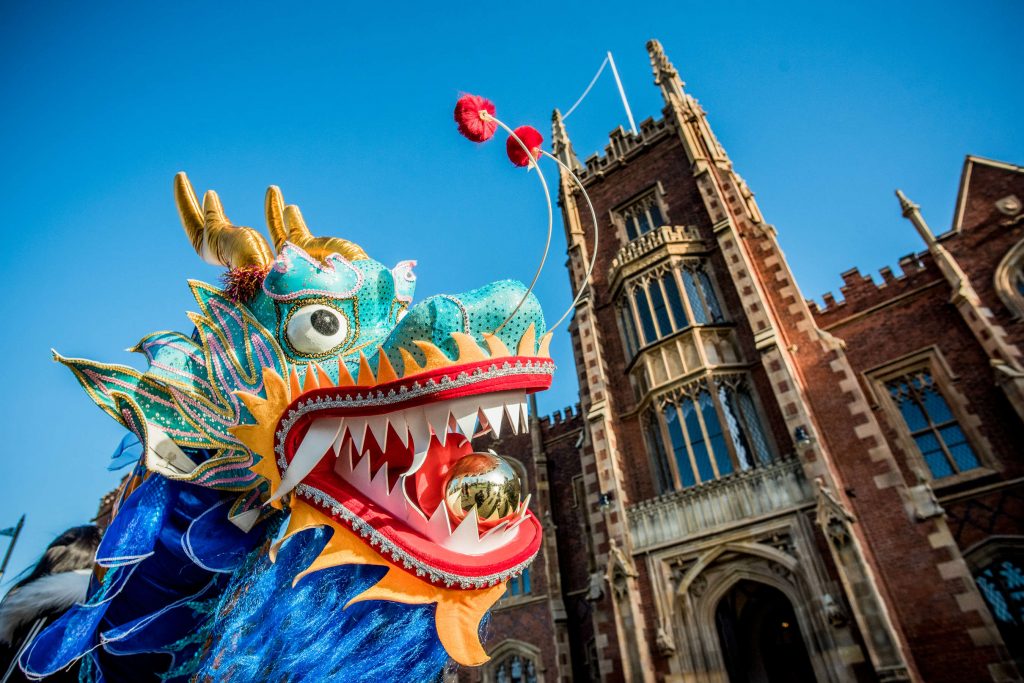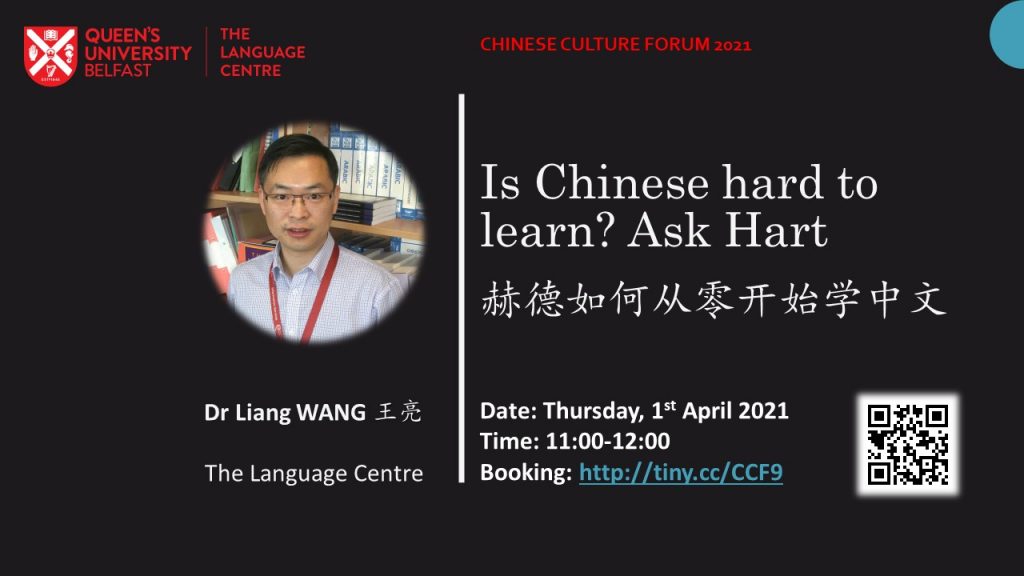CCF10 – Turning your interest in Chinese into a business: The Chairman’s Bao
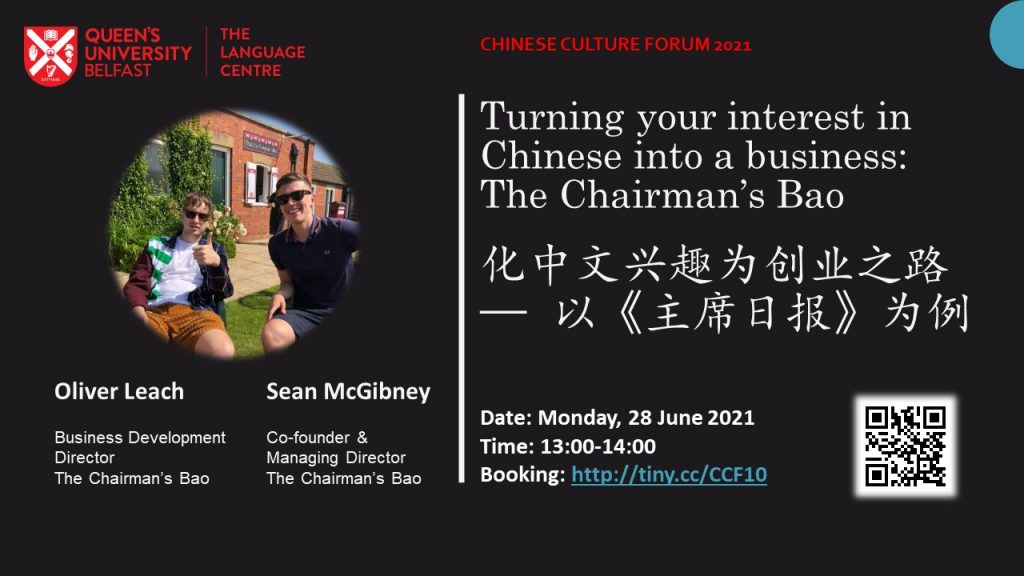
Speakers:
Sean McGibney studied Chinese and Spanish at University of Leeds and founded The Chairman’s Bao alongside Tom Reid in his final year of study in 2015. Currently Managing Director of The Chairman’s Bao, he has overseen the company’s growth from university bedroom concept to an international force in the EdTech industry with over 120,000 individual users and over 300 global partner institutions. In his spare time, Sean sits on the Board of charity Leeds Irish Health and Homes and volunteers with Alzheimer’s Research UK, as well as being a keen runner and cyclist.
Coming previously from an Investment Bank specialising in Mergers and Acquisitions, Oliver Leach joined the Team as Business Development Manager in February 2018 and became a Director in 2020. His existing broad role at TCB spans from marketing and branding to sales and customer service. Outside of work, Oliver is a long-suffering fan of Reading FC.
Outline:
In this joint presentation we will cover:
- the story behind TCB
- our team, using Chinese in a work environment
- business achieving success in thriving EdTech sector
- setting up a business at university
- lessons learned in business
- plans for the future and a demo of the platform.
More information:
The Chairman’s Bao
We welcome your attention and would like to invite your questions and feedback on this culture talk in the box below.

